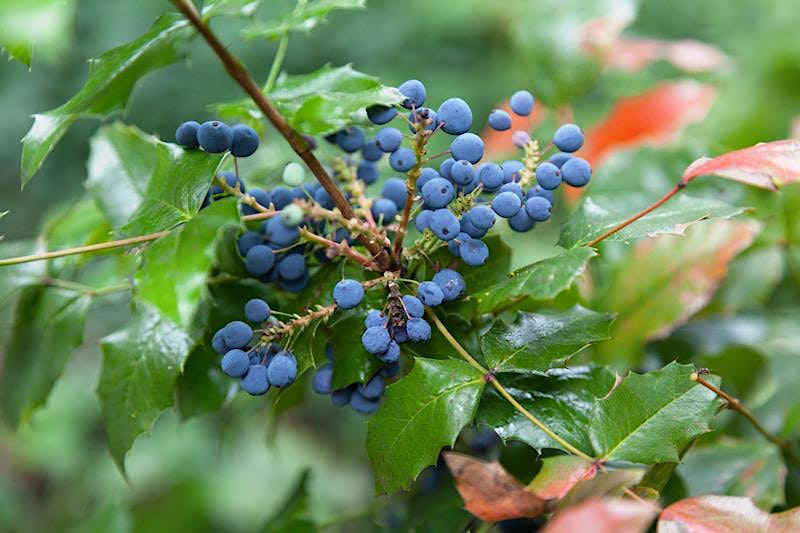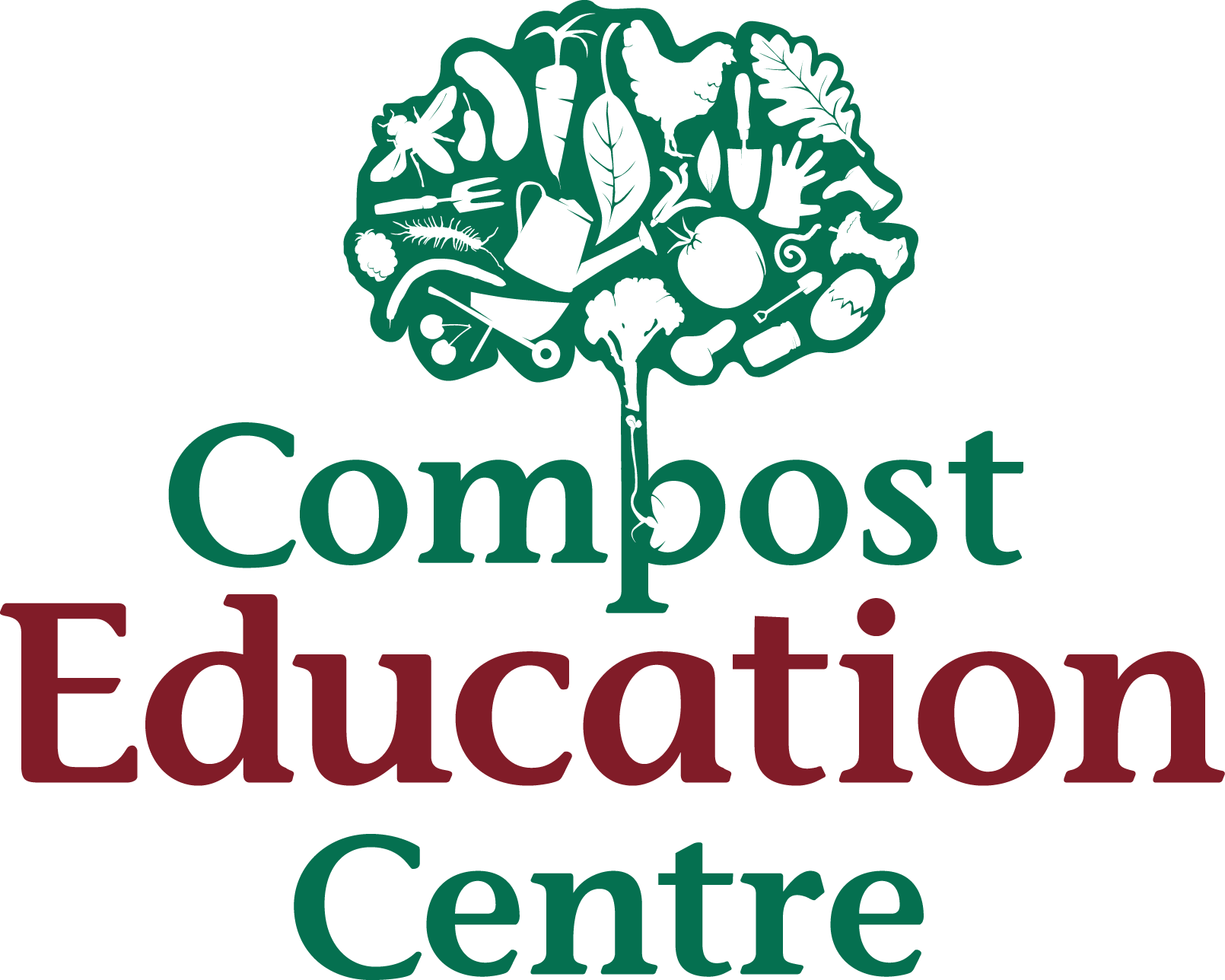
- This event has passed.
Plant Identification Basics
June 17, 2023 @ 1:00 pm – 3:00 pm

This session will introduce you to the language of botany and skills needed to get started with plant ID. You will learn basic plant anatomy and practice observing live plants around the gardens at the Compost Education Centre. You will also learn to use a plant ID key and get familiar with some common plant families. This is an introductory level class open to all interested adults and older teens.
Instructor Bio: Lindsay’s interest in plants was cultivated in the forests of the Pacific Northwest. During 10 years of work as a naturalist guide, Lindsay gained a deep appreciation for ecology and teaching integrates her respect for the profound nature of connection within our web of life. She has a deep love for plants and a passion to increase the availability of safe, effective medicines. After study in geography, nutrition, and yoga, and mentorship in energy work, shamanism, organic gardening, and herbal wildcrafting, she dedicated herself to herbal studies and was one of Pacific Rim College’s first Diploma of Phytotherapy graduates. She is a professional member of the British Columbia Herbalists Association, the past Vice President of the Canadian Council of Herbalist Associations, and Dean of the School of Western Herbal Medicine at Pacific Rim College. She lives in the traditional territory of the Lekwungen speaking peoples (the Songhees and Esquimalt Nations) currently known as Victoria, BC. She is a happy gardener, yogi, and mother to 2 children.
______________________________________________________________________________
This workshop is happening in person only. Any health and safety protocols will be emailed to you 24 hours in advance. Please dress appropriately for all types of weather, the workshop may be outside or in our unheated strawbale building.
______________________________________________________________________________
Only current members in good standing are eligible to use the free ticket option as a part of their member benefits package.
There are a limited number of Pay What You Can tickets available for folks who self-identify as Black, Indigenous, and People of Colour (BIPOC), and people who are facing significant financial barriers to their involvement in our programming. The Compost Education Centre is continually in the process of examining the ways in which our program accessibility can be improved for all members of our community. This ticket gesture is by no means a fulsome examination of the systems of oppression that exist for people inside and outside of our community. We welcome your ideas and feedback.
You must pre-register for this event.
Customers can request a refund within 30 days of ticket purchase. After 30 days refunds and workshop exchanges are not permitted due to administrative staffing capacity. Please be in touch if you are no longer able to attend but hold a ticket so we can make your space available to someone else.
You can also register for the event by calling our office at 250 386 9676 or via email by contacting office@compost.bc.ca
______________________________________________________________________________
Accessibility info: The Compost Education Centre site has paths made of stone gravel (20%), and wood chips (80%). Mobility devices with wheels (such as wheelchairs, walkers etc.) are sometimes difficult to use on site, especially on the gravel paths. The strawbale learning classroom is accessed via a wooden ramp and has a wide double door and a ramp leading up to it. Once inside everything is flat.
There is a single-stall gender neutral washroom on site. The washroom is not wheelchair accessible and has a small step up from the gravel pathway, and another small step up from the washroom boardwalk.
______________________________________________________________________________
The Compost Education Centre is located on unceeded and occupied Indigenous territories, the land of the Lekwungen people— specifically the Esquimalt and Songhees Nations. These nations are two of many, made up of individuals who have lived within the porous boundaries of what is considered Coast Salish, Nuu-Chah-Nulth and Kwakwa’wakw Territory (Vancouver Island) since time immemorial. At the CEC we seek to respect, honour and continually grow our own understandings of Indigenous rights and history, and to fulfill our responsibilities as settlers, who live and work directly with the land and its complex, vital ecologies and our diverse, evolving communities.
